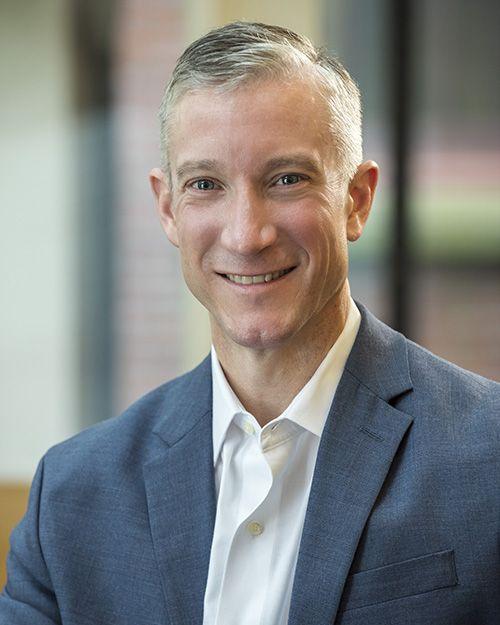-

Hear from Monica Toft, Academic Dean
Learn how Monica Toft, Academic Dean, is shaping the study of global affairs and diplomacy at Fletcher.
Hear from Prof. Toft -

Explore Fletcher academics in action
Fletcher Features offers insights, innovation, stories and expertise by scholars.
Get global insights -
Get application tips right from the source
Learn tips, tricks, and behind-the-scenes insights on applying to Fletcher from our admissions counselors.
Hear from Admissions -

Research that the world is talking about
Stay up to date on the latest research, innovation, and thought leadership from our newsroom.
Stay informed -
Meet Fletcherites and their stories
Get to know our vibrant community through news stories highlighting faculty, students, and alumni.
Meet Fletcherites -

Forge your future after Fletcher
Watch to see how Fletcher prepares global thinkers for success across industries.
See the impact -

Global insights and expertise, on demand.
Need a global affairs expert for a timely and insightful take? Fletcher faculty are available for media inquiries.
Get in Touch

Jeremy Gwinn

Biography
Fields of Study
- International Security Studies
- Political Systems and Theories
Country
United States
After two decades in the U.S. Army, serving multiple deployments to the Middle East, Colonel Jeremy Gwinn, F21, wanted a way to translate his on-the-ground skills into contributions to national security policy. That’s what led him to The Fletcher School for his doctoral degree. Now, as he prepares to return to Iraq after graduation, Gwinn reflects on what he’s learned from his professors and peers at Fletcher— including how an obstacle course brought him closer to his classmates.
How did you become interested in international relations?
I’ve been in the Army for about 20 years, with operational and tactical experience and combat deployment in Afghanistan and Iraq. For the next step in my career, I wanted to be able to work at the strategic and policy levels of national security. Getting a Ph.D. in international relations at Fletcher as a Goodpaster Scholar, supported by an Army fellowship, was really the perfect thing to do at the perfect time in my career.
After I graduate, I’m going to Iraq for a year. I’ll be at the Office of Security Cooperation, a combined State Department and Department of Defense organization working out of the U.S. embassy. I’ll be in charge of a team that works with the Iraqi army and counterterrorism service, advising and assisting them to build their security capacity. Eventually, I hope to work on national security policy in D.C.
Why did you choose Fletcher?
Fletcher has a fantastic reputation in the national security community—it’s one of the best policy programs around. In addition, the diverse student body. We have international students, students with NGO experience, diplomatic experience, business backgrounds, and more. Each semester, the military veterans club and the Returned Peace Corps Volunteers host the War and Peace Happy Hour, bringing people with different worldviews together— it’s really valuable.
What was the focus of your dissertation?
I’m examining the factors that contribute to success or failure in cases, post-9/11, when the U.S. pursued security objectives through non-state armed groups, such as the Syrian Democratic Forces. We work through them, advising and assisting them in the counter-ISIS campaign in Syria, with very little U.S. boots on the ground. My research seeks to determine what contributes to success or failure in those cases, because it’s been a mixed record.
My military and combat experience has all been in this irregular warfare context. Serving in Afghanistan, I worked with some of these groups, so it’s always been something that interested me.
What’s a highlight of your time at Fletcher?
One of the most fun things I did was serve as captain of the Spartan Race team. It’s an international series of obstacle course events, with ropes and walls to climb, and there’s one every fall at Fenway Park. After I took over as captain, we also competed in a longer, 12-mile race in New Jersey that involved more than 30 obstacles. It was a really good bonding experience and opportunity to get to know students outside of my small Ph.D. cohort.
A quintessential moment
The annual War and Peace Happy Hour is a quintessential Fletcher moment. As a school of international affairs, The Fletcher School naturally draws a sizable number of veterans and active-duty military officers, such as myself. It also draws a great many students from humanitarian organizations, such as the Peace Corps. In order to help bring together these two diverse groups with, in some cases, vastly divergent world views, the War and Peace Happy Hour has become an unofficial institution where former and current military members and veterans of the Peace Corps come together at a local establishment to socialize and exchange ideas and experiences. While many of us will return to …

